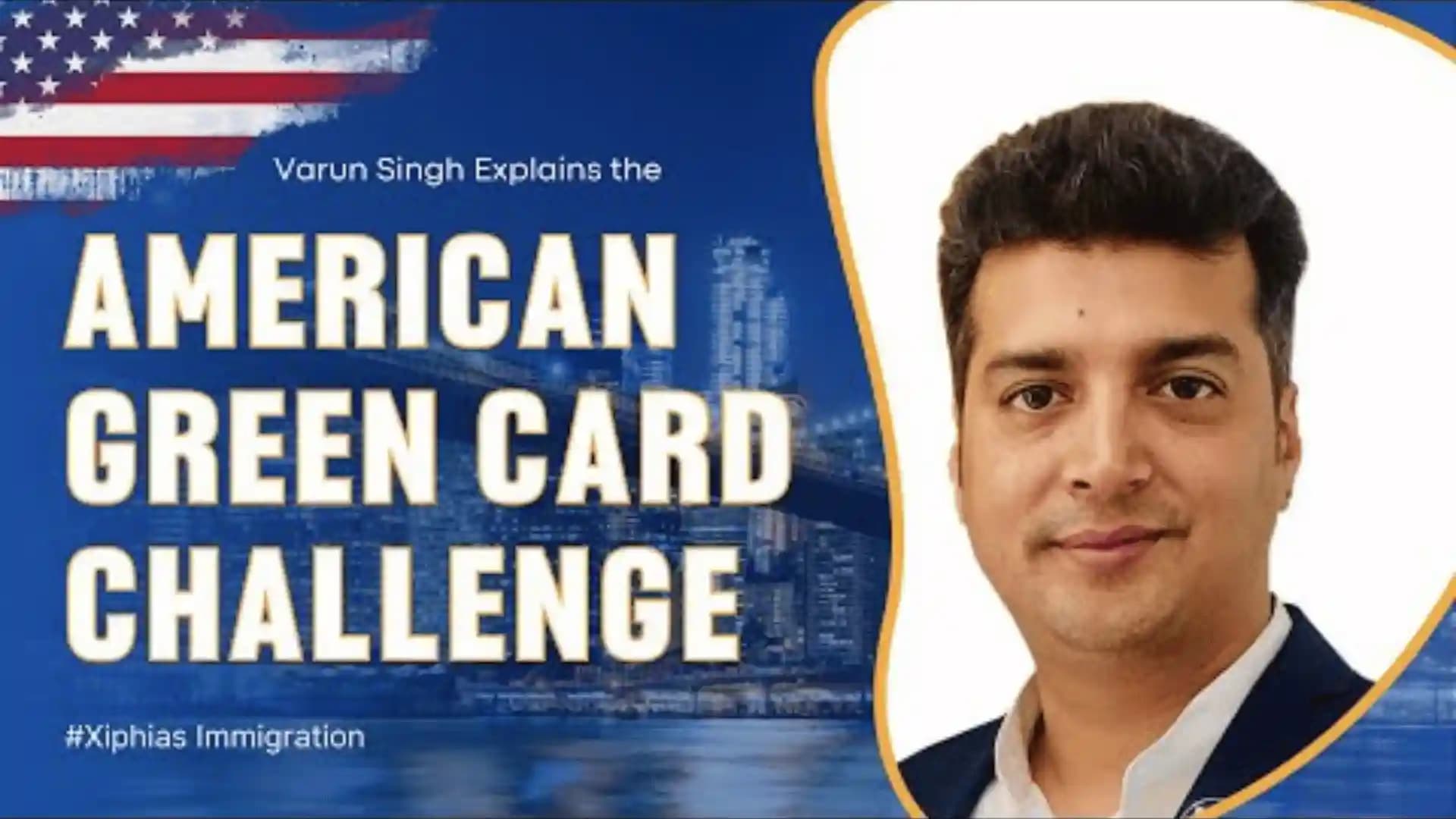US Green Card Uncertainty Grows as “Gold Card” Debate Gains Momentum
A new wave of concern is sweeping through the Indian-American diaspora as political discussions in the United States challenge the stability of the traditional Green Card system.
Recent commentary from figures aligned with Donald Trump’s administration has reignited fears that Green Card holders could face deportation under certain conditions — raising questions about the long-term security of lawful permanent residency.
Amid this backdrop, experts have noted growing interest in a potential “Gold Card” — a concept designed to attract high-net-worth investors and skilled professionals as part of a broader shift toward a merit-based immigration model.
This proposal represents a sharp turn away from family-based immigration, focusing instead on wealth, skill, and innovation as key eligibility factors.
Panelists in the discussion emphasize the massive backlog facing Indian Green Card applicants, with many families waiting years for permanent residency. While fears of mass deportation are largely politically amplified, the evolving debate signals that the “American Dream” is being redefined to prioritize select categories of immigrants.
Watch the Video
Key Insights
- Political discussions suggest increased scrutiny of Green Card holders, creating uncertainty for the Indian diaspora.
- The proposed “Gold Card” aims to attract wealthy investors and top global talent, redefining U.S. immigration priorities.
- The backlog for Indian applicants remains a major concern, delaying family reunifications and career stability.
- The shift could favor merit- and capital-based immigration over traditional pathways.
- Experts emphasize that law-abiding residents are unlikely to be affected, though fear and confusion persist.
Expert Analysis
According to XIPHIAS Immigration experts:
“The U.S. appears to be reimagining its immigration model — rewarding investment and skill over family ties. For Indian professionals and investors, this is both a challenge and an opportunity to explore alternate global residency programs.”



